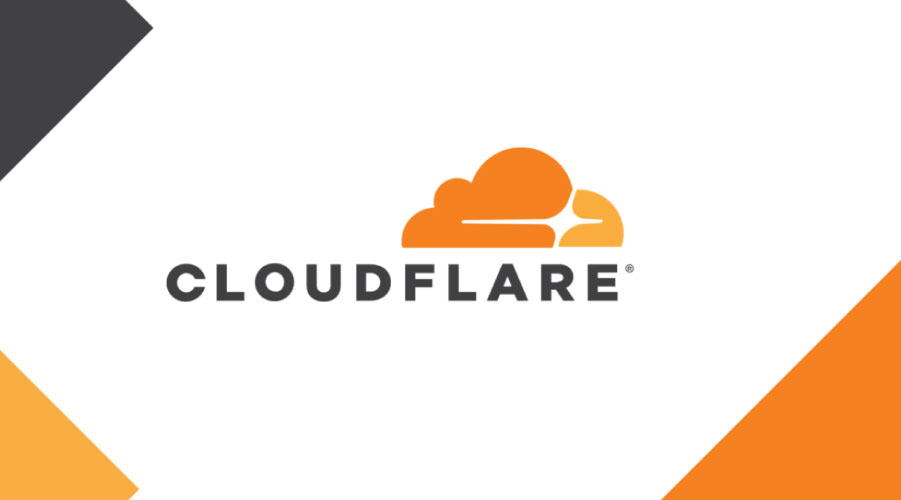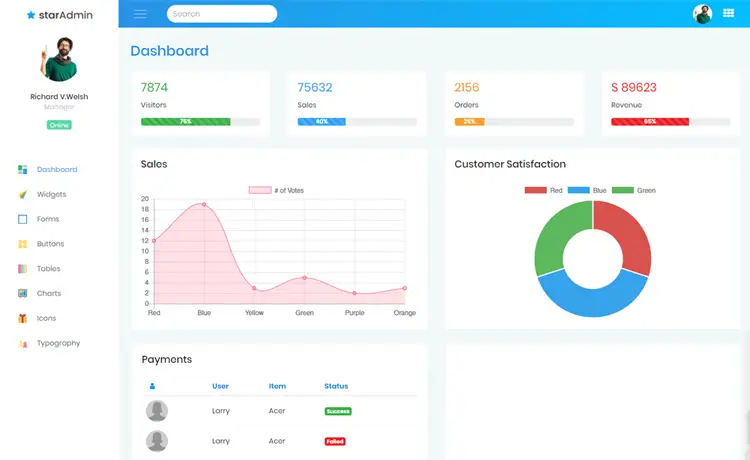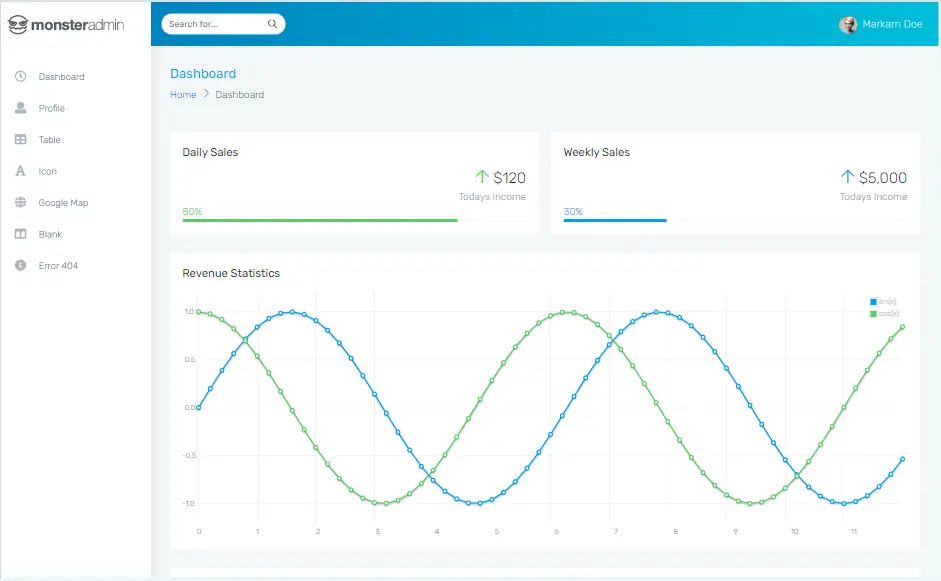11 Things You Didn't Know About Cloudflare
By Tan Lee Published on Dec 19, 2024 640
However, many users are unaware of the lesser-known aspects of Cloudflare. This article explores some of its hidden features, surprising uses, and unique qualities that can benefit your website or business.

1. Cloudflare Doesn’t Host Content
A common misconception about Cloudflare is that it acts as a web hosting provider, but it does not host content. Instead, Cloudflare serves as an intermediary layer that enhances performance and security for your existing website, regardless of where it's hosted. It sits between users and your web server, caching content across its global data centers and using various tools to optimize and protect the connection between visitors and your site. Web hosting itself is handled by third-party providers.
2. Cloudflare Has Over 200 Data Centers
Cloudflare operates a vast global network of over 200 data centers, far surpassing the typical CDN with just a few global locations. This extensive network allows Cloudflare to serve content from nearby locations, reducing latency and ensuring fast load times for users worldwide. Strategically placed in different countries, these data centers provide fast access to cached content, giving Cloudflare a significant advantage in speed and scalability over smaller CDNs with fewer server locations.
3. Serverless Computing With Cloudflare Workers
Cloudflare offers a lesser-known feature called Cloudflare Workers, a serverless computing platform that enables developers to deploy JavaScript or WebAssembly code directly on Cloudflare’s network. By executing code at the network’s edge, closer to end-users, Cloudflare Workers significantly reduce execution times. This platform allows for building serverless APIs, running background tasks, and performing other functions without traditional servers. Since Workers operate on Cloudflare’s global edge network, they can execute requests in milliseconds, making them highly efficient for specific use cases.
4. FREE DDOS Protection
Distributed Denial of Service (DDoS) attacks can overwhelm servers and take down websites, but Cloudflare provides free DDoS protection, even for non-paying customers. This means that users on the free Cloudflare plan benefit from the same advanced DDoS mitigation technology used by major companies. Cloudflare automatically detects and neutralizes attacks before they can impact your website, whether you run a small blog or a large enterprise.
5. Automatic SSL/TLS Encryption
Setting up an SSL certificate for HTTPS can be complicated and expensive, but Cloudflare simplifies this by offering automatic SSL/TLS encryption, even for free plan users. Cloudflare’s Universal SSL encrypts traffic between users' browsers and its servers, ensuring website security without the need for an SSL certificate. This feature provides an easy way to secure your site, enhance SEO rankings, and protect user data, all without the hassle of purchasing or installing a certificate.
6. Cloudflare Has a Privacy-First DNS Service: 1.1.1.1
Cloudflare offers more than just CDN services; it also provides 1.1.1.1, a privacy-focused DNS resolver. Unlike Internet Service Providers (ISPs) that can track and log your browsing through DNS queries, Cloudflare’s 1.1.1.1 service prioritizes speed and privacy, with no identifiable user data logged. It is one of the fastest DNS resolvers globally, helping to load websites faster. For even greater security and privacy, Cloudflare also offers Warp, a VPN-like service integrated into the 1.1.1.1 app, which encrypts traffic to protect against third-party eavesdropping.
7. Supports HTTP/2 and HTTP/3
Cloudflare is at the forefront of web technology, being one of the first companies to support HTTP/2 and HTTP/3, the latest versions of the HTTP protocol that enhance web performance. HTTP/2 allows multiple requests to be sent over the same connection, speeding up page loads by efficiently pushing resources. HTTP/3, built on the QUIC protocol, further boosts speed and security by reducing the time needed to establish secure connections and improving data transmission efficiency. Cloudflare automatically enables both HTTP/2 and HTTP/3 for websites using its services, with no extra configuration required from users.
8. Cloudflare Can Optimize Mobile Performance
Cloudflare not only enhances desktop website performance but also optimizes mobile browsing. Features like Mobile Image Compression (through Cloudflare’s Polish) and Adaptive Image Resizing adjust image resolution based on the user's screen size, speeding up mobile page loads. Cloudflare further optimizes mobile performance by prioritizing critical resources and using Lazy Loading, where images and resources are only loaded when they appear in the user’s viewport, improving page load times on mobile devices.
9. You Can Use Cloudflare for FREE
Cloudflare's popularity stems from its robust free plan, which includes many core features available in its paid tiers, such as DDoS protection, a global CDN, SSL encryption, and performance optimization. This makes it an excellent option for small businesses and personal projects, significantly improving website speed, security, and reliability at no cost. While paid plans offer advanced features like a Web Application Firewall (WAF), custom SSL certificates, and detailed analytics, the free version is one of the most feature-rich offerings in the web performance and security space.
10. Cloudflare Helps Reduce Bandwidth Costs
Cloudflare helps website owners reduce bandwidth costs by caching content on its servers and delivering it from the nearest data center, minimizing the need for requests to the origin server. For high-traffic websites, this significantly lowers the number of requests to the origin server, resulting in savings on bandwidth, especially for hosting providers that charge based on data usage. The more content Cloudflare can serve from its cache, the fewer resources the origin server uses, ultimately reducing both hosting and bandwidth costs.
11. Cloudflare Offers a Custom Web Application Firewall (WAF)
Cloudflare’s Web Application Firewall (WAF) is an advanced feature that provides extra protection against cyberattacks by filtering and blocking malicious traffic. While many are familiar with Cloudflare’s DDoS protection, the WAF defends against common vulnerabilities like SQL injection and cross-site scripting (XSS). Highly customizable, the WAF allows developers to create specific security rules to protect their websites from targeted threats. Available on Cloudflare’s paid plans, the WAF is essential for websites handling sensitive information or requiring advanced security levels.





